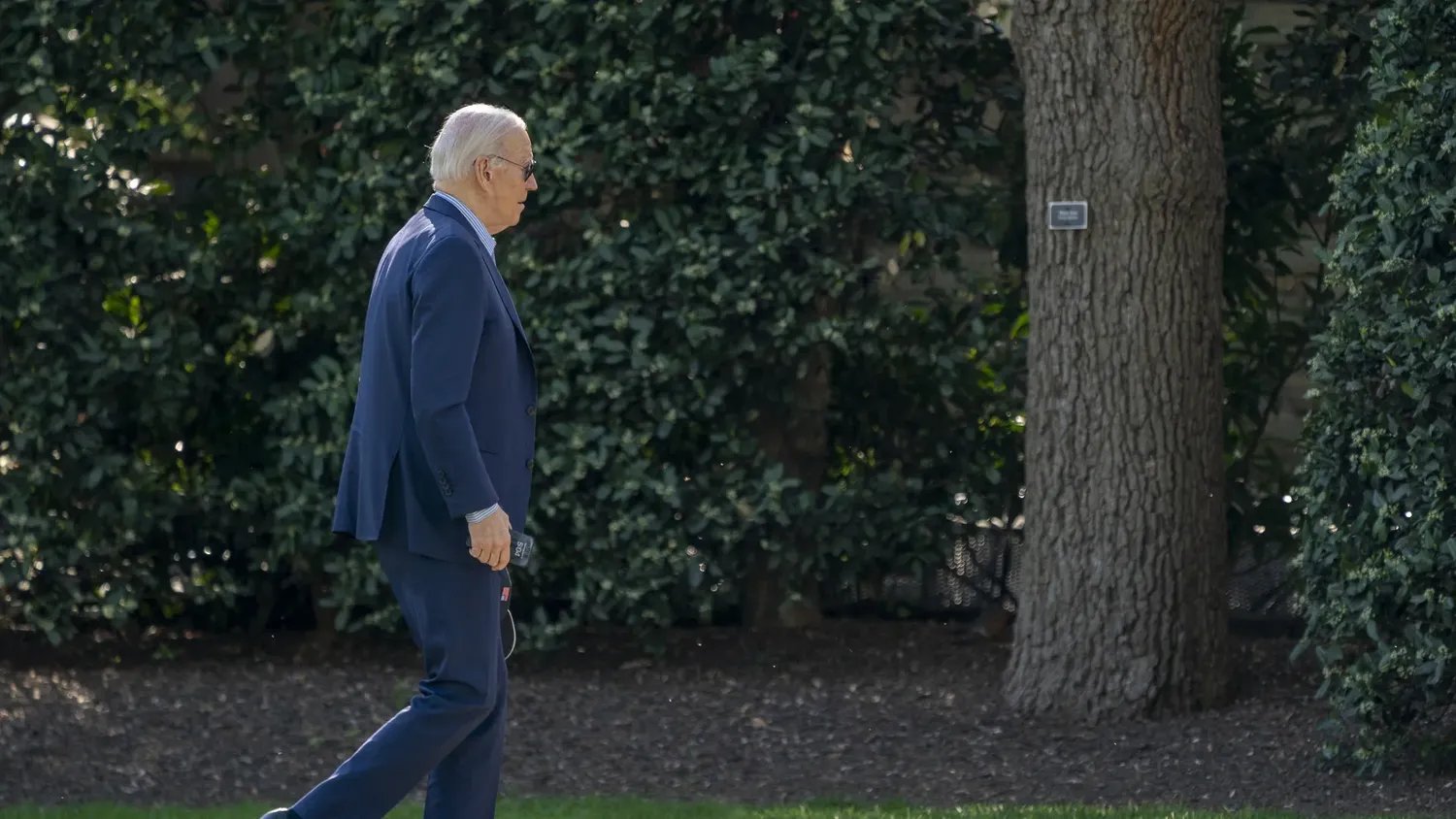Israel-Gaza War
Biden States U.S. Will Not Support Israeli Counterattack on Iran
President Joe Biden has communicated to Israeli Prime Minister Benjamin Netanyahu that the United States will not support any Israeli counterattack against Iran. This decision comes in the wake of a series of aggressive exchanges between Israel and Iran, marking a critical juncture in the longstanding tension between the two nations.
The conversation between Biden and Netanyahu took place against the backdrop of a retaliatory attack by Iran, which launched over 200 drones, cruise missiles, and ballistic missiles against Israel. This aggressive move by Iran was in response to an airstrike in Syria that resulted in the death of a prominent Iranian commander, escalating the already volatile situation in the region.
During the telephone conversation, President Biden expressed his concerns over the potential for a devastating regional conflict that could arise from an Israeli response to Iran's assault. U.S. officials have voiced grave apprehensions that an Israeli counterattack could ignite a broader conflict, further destabilizing an already tense Middle East.
The United States, under Biden's administration, has taken a clear stance against participating in any offensive operations against Iran and has communicated this position to the Israeli government. This decision underscores a strategic shift in U.S. foreign policy, emphasizing diplomatic solutions over military interventions.
In the wake of the Iranian attack, which saw most of the threats thwarted outside Israeli airspace, Biden reassured Netanyahu of the combined defensive efforts of Israel, the U.S., and other regional allies in thwarting the attack. "You've secured a victory. Savor it," Biden reportedly told Netanyahu, highlighting the importance of diplomatic superiority and the support Israel has from friends around the world.
The U.S. Secretary of State, Lloyd Austin, also engaged in discussions with his Israeli counterpart, Yoav Gallant, requesting that Israel keep the U.S. informed prior to any response against Iran. This dialogue reflects the U.S.'s commitment to a coordinated approach in dealing with the complexities of Middle Eastern politics.
In response to the situation, Biden is expected to convene a call with G7 leaders to orchestrate a unified diplomatic response to Iran's assault. The U.S. president's approach signals a preference for diplomatic channels and collective international action over unilateral military responses.
The Biden administration's decision not to support an Israeli counterattack on Iran has elicited mixed reactions. While some view it as a prudent move to prevent further escalation, others, including members of the Republican Party, have called for a more assertive stance in support of Israel. The debate underscores the complexities of navigating the geopolitical landscape of the Middle East, where alliances and interests often intersect in unpredictable ways.
As the situation continues to evolve, the international community watches closely to see how these developments will impact the delicate balance of power in the Middle East. The U.S.'s stance, as articulated by President Biden, represents a cautious approach aimed at de-escalating tensions and fostering a climate conducive to diplomatic resolutions.
The unfolding events highlight the intricate web of relations and rivalries that define the Middle East. With the U.S. advocating for restraint and diplomatic engagement, the world awaits the next steps in this high-stakes geopolitical chess game, hoping for a resolution that brings stability to a region long plagued by conflict and uncertainty.

